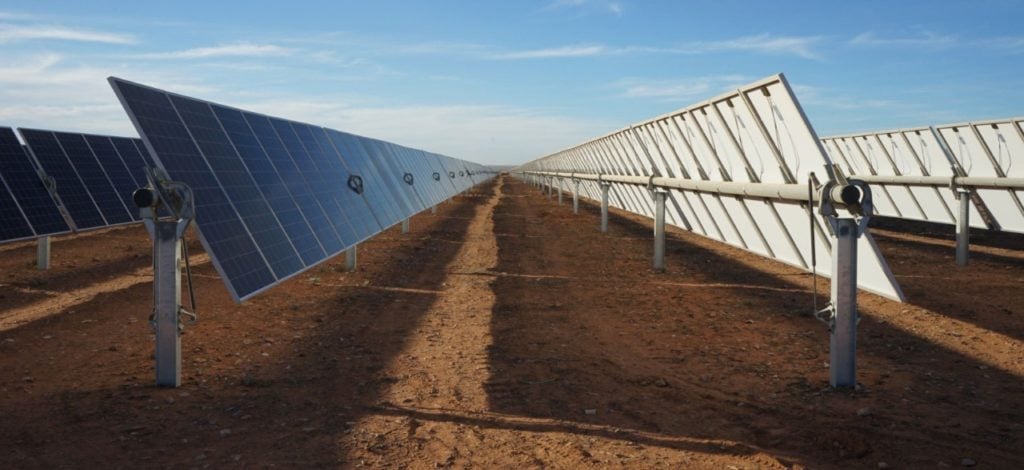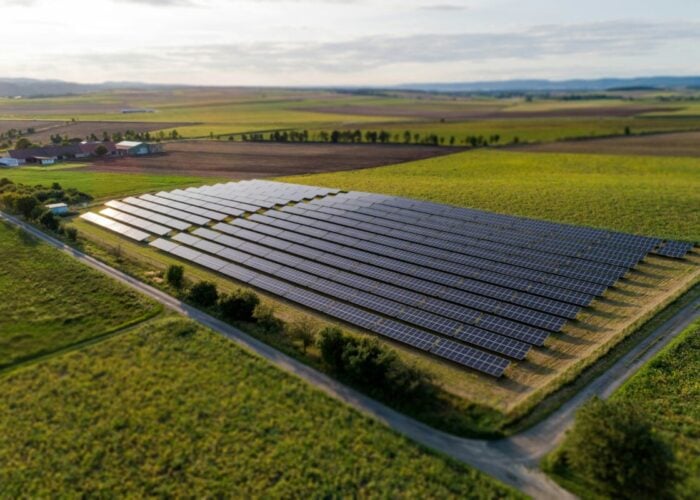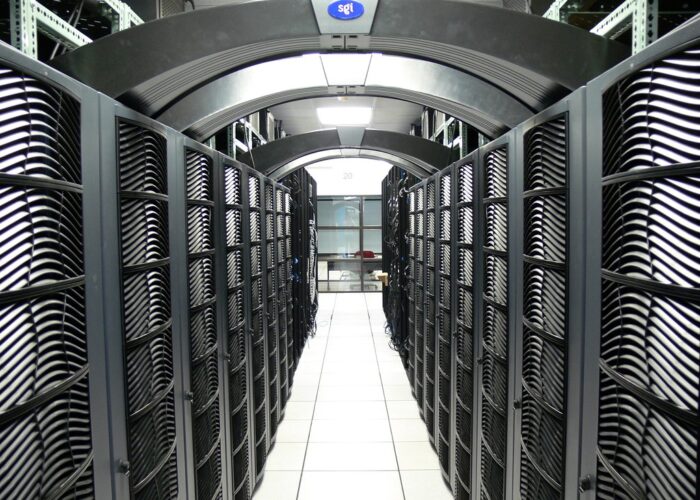
Machine learning techniques have been used in a study to boost the accuracy of renewables forecasts by up to 45%, helping improve grid operations in Australia.
The study, funded by the Australian Renewable Energy Agency (ARENA), is being coordinated by Monash University’s Grid Innovation Hub, industrial engineering firm Worley and renewables investor Palisade Energy and is designed to provide electricity generators with more accurate forecasting tools.
Try Premium for just $1
- Full premium access for the first month at only $1
- Converts to an annual rate after 30 days unless cancelled
- Cancel anytime during the trial period
Premium Benefits
- Expert industry analysis and interviews
- Digital access to PV Tech Power journal
- Exclusive event discounts
Or get the full Premium subscription right away
Or continue reading this article for free
First launched in 2018, the study has contributed towards the development of forecasting models that are based on machine learning algorithms that draw on supervisory control and data acquisition (SCADA) data feeds from specific generators, which include a wind farm in South Australia and a solar farm in Queensland.
These forecasting models have been used to produce more accurate five-minute ahead forecasts, which in turn reduce the frequency of poor dispatch, allowing greater penetration of renewables sources on national grids.
Worley said that the forecasting algorithms helped improve power output predictions by 45%.
“Natural variations in weather makes it difficult for renewable generators to accurately forecast their short-term power generation levels and this impacts grid stability. In 2020 alone, inaccurate power predictions cost Australian generators AU$210 million, so using machine learning algorithms to see five minutes into the future is incredibly valuable,” Denis Marshment, global vice president for data science customer solutions at Worley, said.
Worley added that the findings from the study would add to the “overall body of knowledge” around the use of machine learning in renewables forecasting and confirmed that the resulting forecasting models can be applied to all generators based in Australia, but stressed that more research was needed with regards solar projects.
The study was led by Dr Christoph Bergmeir from the Department of Data Science and AI at Monash University’s Faculty of Information Technology. Bergmeir said reliable short-term prediction methods were necessary to achieve network stability while accommodating greater quantities of renewable power.
“If renewable generators can lower their causer pays factors, they can produce electricity cheaper, and eventually that saving could be passed on to the customers. It would also make renewables more competitive, which is also a desirable outcome,” Bergmeir said.






